Surprising Artists Who Turned Down a Spot at Woodstock
When people talk about Woodstock, it sounds like every renowned musician of the ’60s showed up with a guitar and a peace sign. But the truth couldn’t be farther from that. Sure, nearly half a million people congregated in that muddy New York field, but many big names decided to pass up the opportunity to entertain them.
Looking back, the no-shows are just as intriguing as the performers themselves, and their reasons add even more depth to Woodstock’s story.
The Beatles
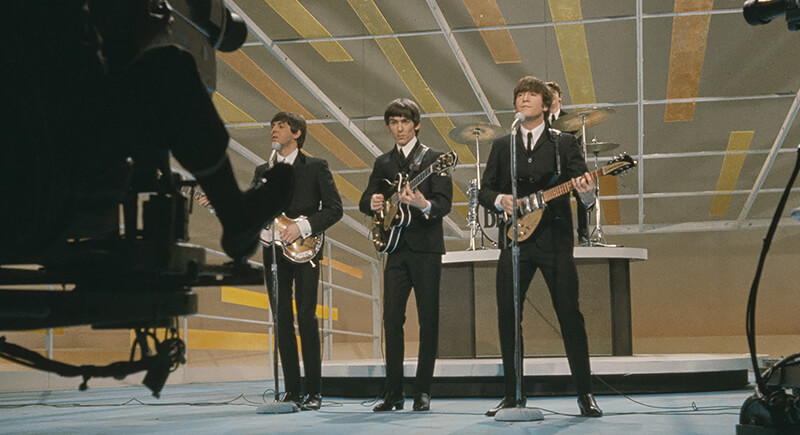
Credit: Wikimedia Commons
The people in charge wanted to get the Beatles, but the band had already stopped touring live. John Lennon had a different idea. They were willing to play if Yoko Ono’s Plastic Ono Band was also booked. The request didn’t go over well, but the Beatles became Woodstock’s most famous “what if.”
The Doors
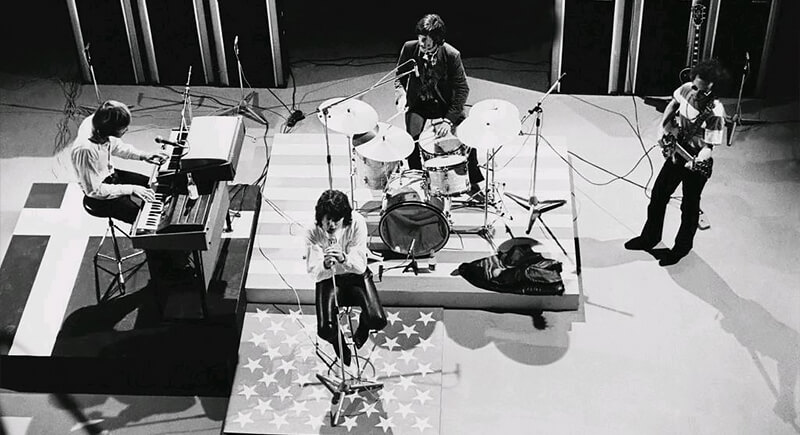
Credit: Wikimedia Commons
Jim Morrison was pretty paranoid about outdoor stages. He wouldn’t let the Doors play because he thought a sniper could shoot them in the open fields. Fans were deprived of their dark, theatrical rock, and Morrison chose to perform in locations where the crowd didn’t appear to be dangerous.
Bob Dylan

Credit: Wikimedia Commons
The superstar singer should have been an obvious headliner since he lived right down the street, but he didn’t want to be. He didn’t like the idea of hippie crowds taking over his quiet hometown, according to reports. Instead, he played at the Isle of Wight Festival a few days later.
The Rolling Stones
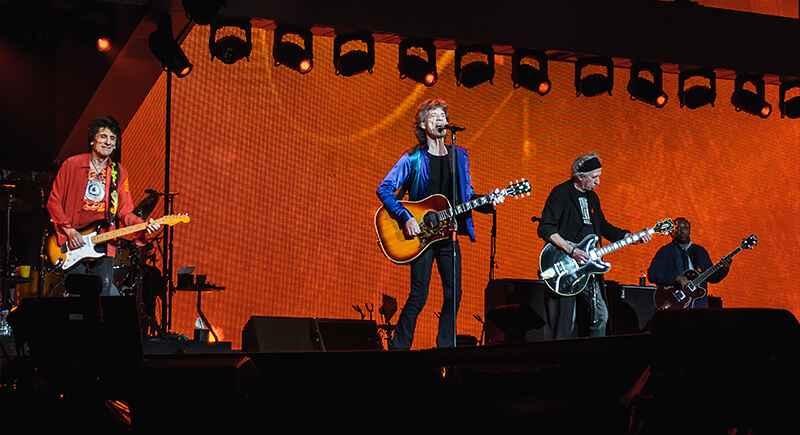
Credit: Wikimedia Commons
The Stones had their hands full, and Woodstock was of no interest to them. Keith Richards had just become a father, and Mick Jagger was halfway around the world in Australia, filming Ned Kelly. These became the main confirmed reasons they decided not to show up. Instead, they played in a movie that didn’t do well.
Led Zeppelin
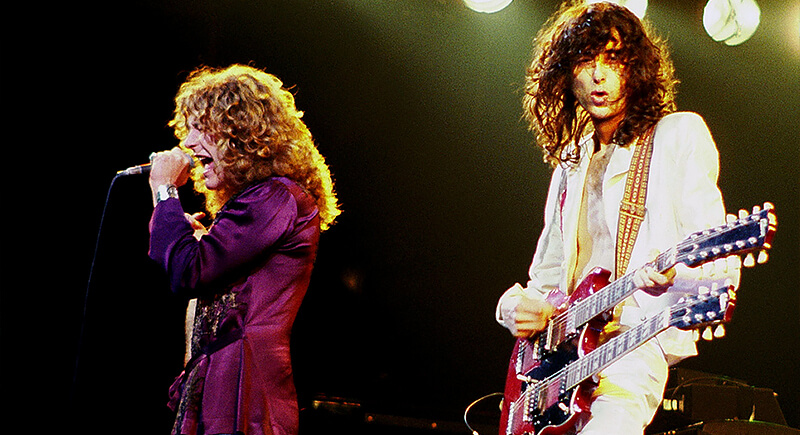
Credit: Wikimedia Commons
Zeppelin made their own spotlight even bigger instead of blending in with a huge crowd. They were the main act at a concert in New Jersey that same weekend, so everyone was watching them. It was a smart business move, but people who love history still wonder how their loud live show would have rocked Woodstock.
Joni Mitchell
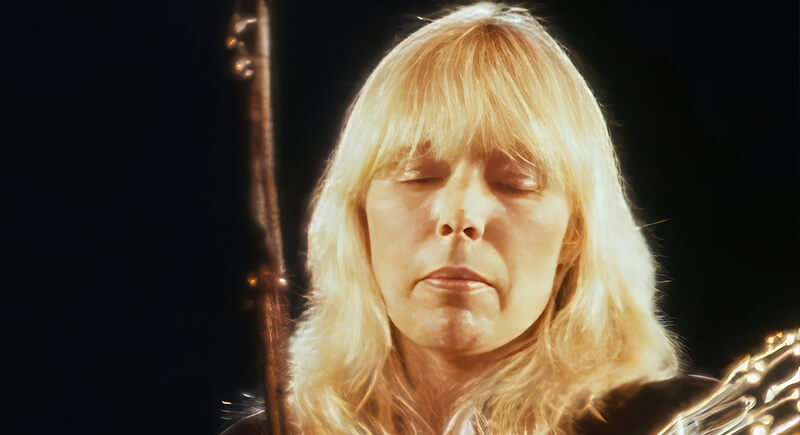
Credit: Wikimedia Commons
Joni Mitchell wanted to perform at Woodstock, but her manager held her back. He insisted she stay in New York to prepare for an appearance on The Dick Cavett Show, thinking it would be better for her career. Mitchell later said she was devastated to miss the festival. To process those feelings, she wrote the song Woodstock.
Eric Clapton
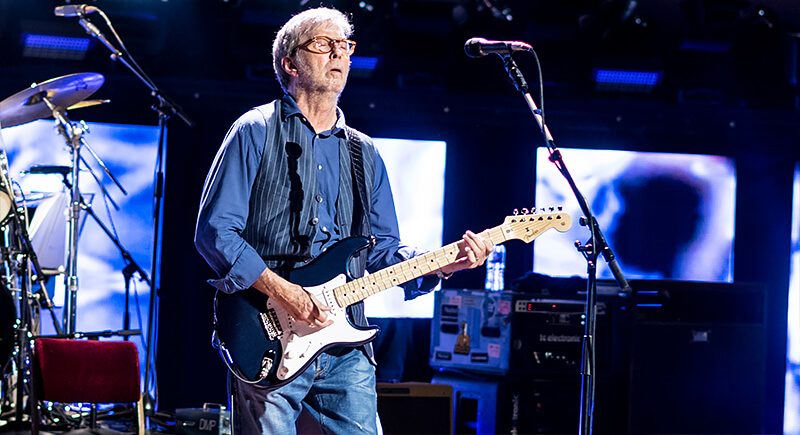
Credit: Wikimedia Commons
Clapton had just broken up with Cream and was deep in rehearsals with Blind Faith. Instead of going to Woodstock, he stayed with Steve Winwood to work on the new supergroup. It didn’t work out, and Blind Faith broke up after one album. Much to the dismay of his fans, Woodstock became famous even though his guitar work never echoed across the fields.
The Byrds
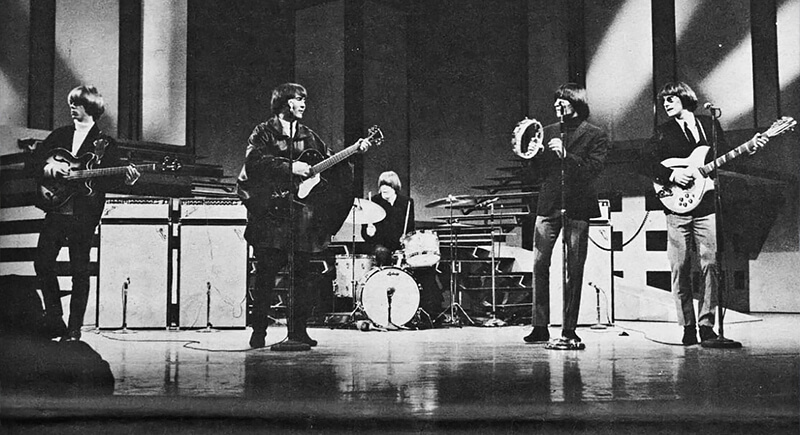
Credit: Wikimedia Commons
Woodstock didn’t become a highlight for The Byrds because they thought it would be just another crowded summer festival. They were wrong. Santana and others made their mark on rock history while they were busy with other things. The Byrds’ absence shows how hard it was to know in real time which shows would become famous.
Jethro Tull
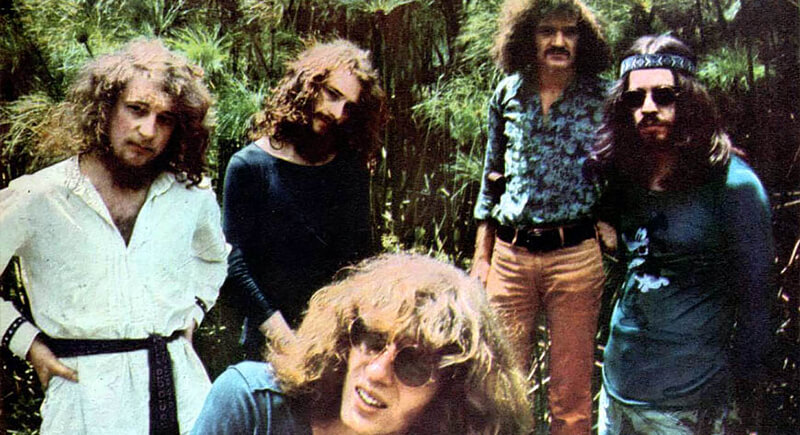
Credit: Wikimedia Commons
The idea of hippie chaos and open-air nudity didn’t sit well with Ian Anderson. Muddy fields further added to the disapproval. When told Woodstock would be full of all three, he declined immediately. The band missed out on a chance to be seen around the world, but Anderson looked happy to skip the mess and the naked fans.
Frank Zappa
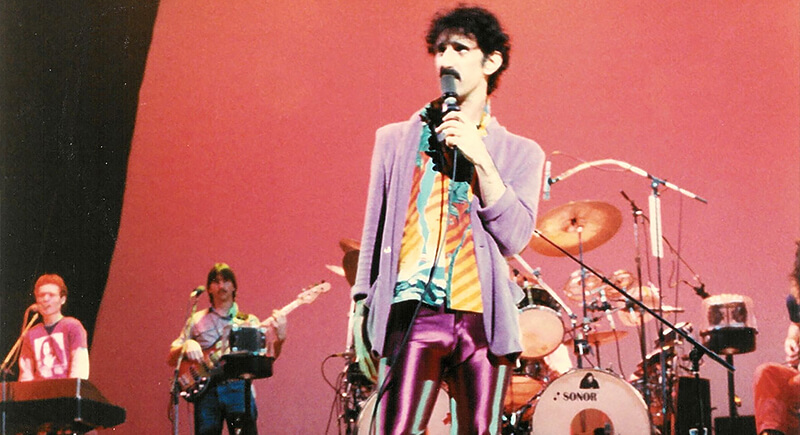
Credit: Wikimedia Commons
Zappa gave one of the shortest, sharpest reasons for saying no: “A lot of mud at Woodstock.” He saw no appeal in the festival’s unpredictable conditions and steered clear. While many people thrived in the chaos, Zappa’s absence showed that he liked theatrical performances better than big counterculture shows.
Iron Butterfly
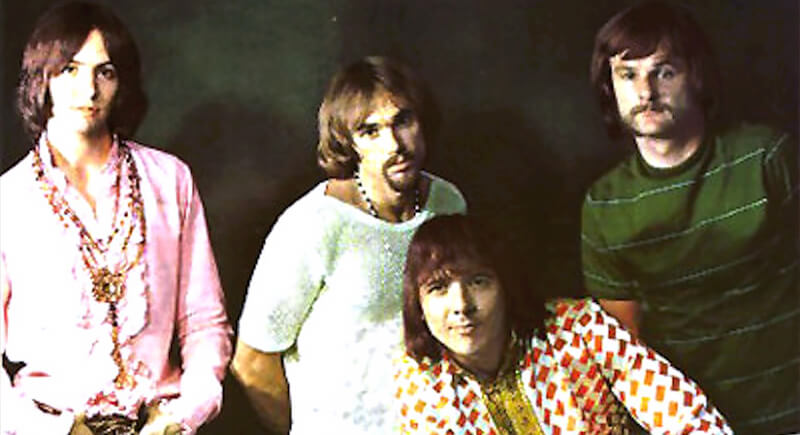
Credit: Wikimedia Commons
Iron Butterfly’s transportation requirements were legendary. They asked to be flown in by helicopter and wanted to use The Who’s gear when they got there. Those in charge declined. While they waited in vain at Port Authority for a helicopter that never showed up, the show went on without the band’s heavy psychedelic riffs.
Jeff Beck Group
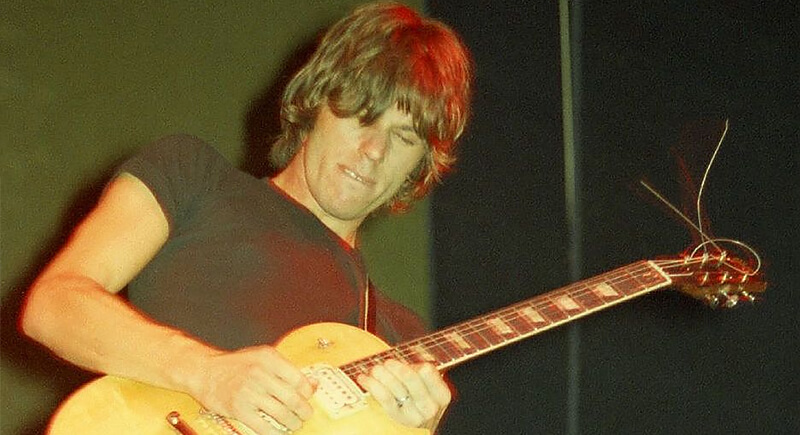
Credit: Wikimedia Commons
Jeff Beck made sure his band wouldn’t be part of Woodstock by breaking them up before the festival. He later said he didn’t want their set to be preserved in that place. It was a brave choice, and it meant that he would never be able to hear his guitar fireworks on that stage.
Simon & Garfunkel
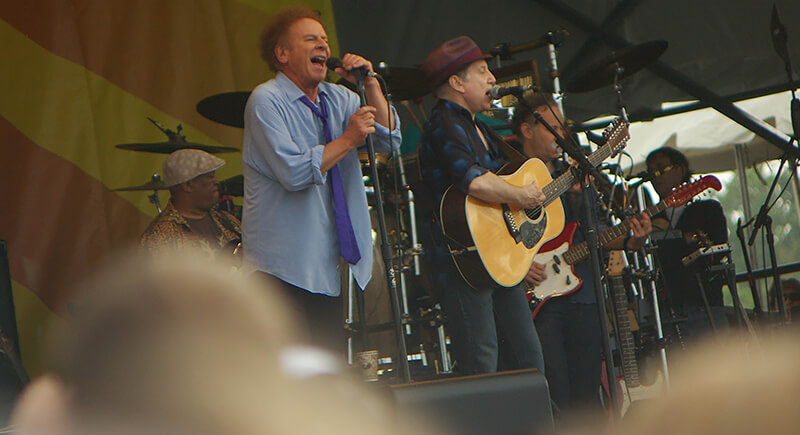
Credit: Wikimedia Commons
The studio work kept the duo away from the fields of Bethel. Instead of heading to Woodstock, they dedicated their time to finishing Bridge Over Troubled Water. Although this choice meant they missed out on one of history’s biggest concerts, the album ended up selling millions and compensated for the missed opportunity.
Chicago

Credit: Wikimedia Commons
Chicago was scheduled to perform but had to withdraw after their tour was rescheduled. Their manager, who also manages Santana, suggested him as a substitute. This change altered history, as Santana’s Woodstock debut became legendary, while Chicago watched from the sidelines.
Roy Rogers
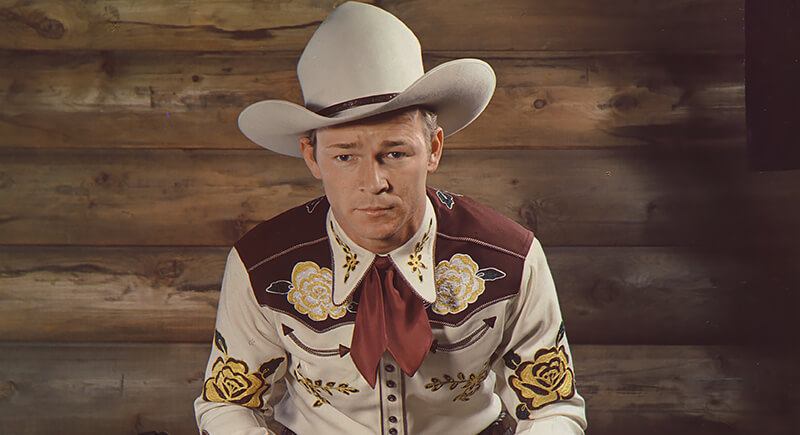
Credit: Wikimedia Commons
The people in charge of Woodstock wanted Roy Rogers to end it with Happy Trails. Rogers said no, but later admitted that the crowd would have booed him. His choice saved him from an awkward mismatch, but it also meant that someone else would have to finish Woodstock. The cowboy star made a wise choice, even though history still laughs at the offer.